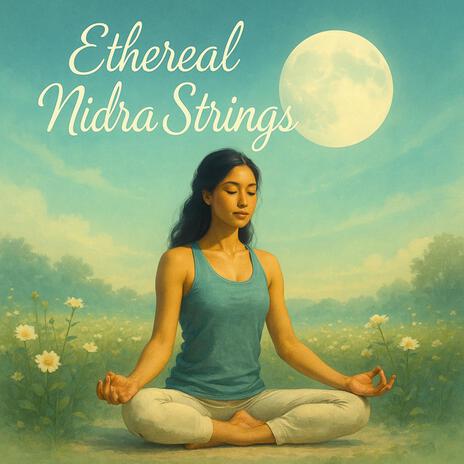
I was unaware of my deep fatigue until everything came to a halt. Initially, I experienced burnout, a quiet disintegration familiar to numerous physicians. Grief soon followed. I lost my mother unexpectedly to a fierce cancer, and, three years later, my father after years of caring for him through advanced Parkinson’s disease. These losses not only broke my heart but also altered my perception of life and work. For years, I practiced medicine in a system that became increasingly cold, more bureaucratic, and detached from its essence. As we moved into the 21st century, healthcare began to place higher value on efficiency over empathy, and productivity over presence. Patients and providers alike lost something vital: autonomy, voice, and connection. Marginalized patients were neglected, a situation exacerbated by the pandemic, while my colleagues and I silently bore the emotional burden. Supporting families through difficult diagnoses became commonplace. This was beyond simple burnout; it was moral injury. It was a shared grief.
Yet, within me, a memory of another way lingered. My father, my guiding star, demonstrated the importance of rest during my childhood. Each evening after work, he took “unwinding time,” 15 minutes of silence lying down, shoes off, free from disturbances. I didn’t understand its significance then, but now I recognize it was a sacred act of transition, mindfulness, and respect. He taught me that rest is a sacred practice, not merely something earned. As Lisa Renee Hall, an artist and social activist, states, “Rest is not a reward, it is part of the work.”
Neither of my parents were in the medical field, but both were artists of life. That is what connected them, despite their upbringing on two different continents. My mother was a talented artist and fashion designer; she could sense a fabric’s texture and instantly envision the dress it could become. My father, at heart, was a writer and poet, able to recite verses he had created at any moment throughout the day. Their creativity influenced my formative years, but as I stepped into the world of medicine, I relied heavily on logic, analysis, and efficiency. I quietly yearned for more vibrancy, feeling, and intuition. I missed metaphor, the language of my creative self. I longed to reconnect with my right brain, not only for equilibrium but to feel complete once again.
That reconnection began with Yoga Nidra, a guided meditation that leads to profound physical relaxation while keeping the mind alert. In this restful state between wakefulness and sleep, the brain generates delta waves linked to restorative sleep. Research indicates it alleviates stress, fosters healing, and soothes the nervous system. Through the Daring to Rest program, led by Karen Brody, I became a certified facilitator and embraced rest, viewing it not as passivity but as a gateway. Yoga Nidra permitted me to lie down and listen to awaken. In the subsequent stillness, creativity, insight, grief, and beauty started to flourish.
Rest evolved into a means of honoring my nervous system, and, deeper still, it became a way to honor my parents. When I rest, dream, and create, I sense their presence: their voices, artistry, and spirit. Rest reconnects me with my roots. As Dr. Rubin Naiman notes, “Excessive activation needs to be properly balanced by deep rest.” In medicine, this balance has been absent for far too long, but restoration is possible.
In other high-pressure professions, rest is essential; it is a safeguard. Aviation enforces stringent rest regulations for pilots due to the safety risks associated with fatigue, which can have fatal implications. Elite athletes balance rigorous training with intentional recovery, recognizing that rest is crucial for injury prevention and maintaining top performance. Both sectors understand that rest is a fundamental aspect of the work, not an optional reward.
So why, in medicine, do we persist in denying ourselves rest, the very essence that cultivates clarity, compassion, and competence? Why is exhaustion still viewed as a badge of honor when it undermines presence, performance, and humanity?
Tricia Hersey, the author of “Rest Is Resistance: A Manifesto,” urges us to see rest as a right, not a privilege. She highlights the societal forces, grind culture, capitalism, systemic oppression, that deny many the chance to rest and posits that rest is radical defiance in such a world. The fast-paced world of medicine urgently requires this radical rethinking.
In conjunction with Yoga Nidra, narrative medicine emerged as another element of healing in my life. Both rest and storytelling invite us to decelerate, listen intently, and reclaim our humanity. Narrative medicine reminded me that medicine is not solely science; it comprises story, metaphor, and mystery. It enabled me to envision the clinic not just as a place for diagnosis but as a space for meaning-making. What if rest and storytelling became routine practices in clinical teams, rounds, and huddles? What if stillness and narrative were perceived as essential lifelines rather than luxuries?
One concrete result of this healing was My Mother’s Garden, a short film inspired by a poem I composed after my mother.